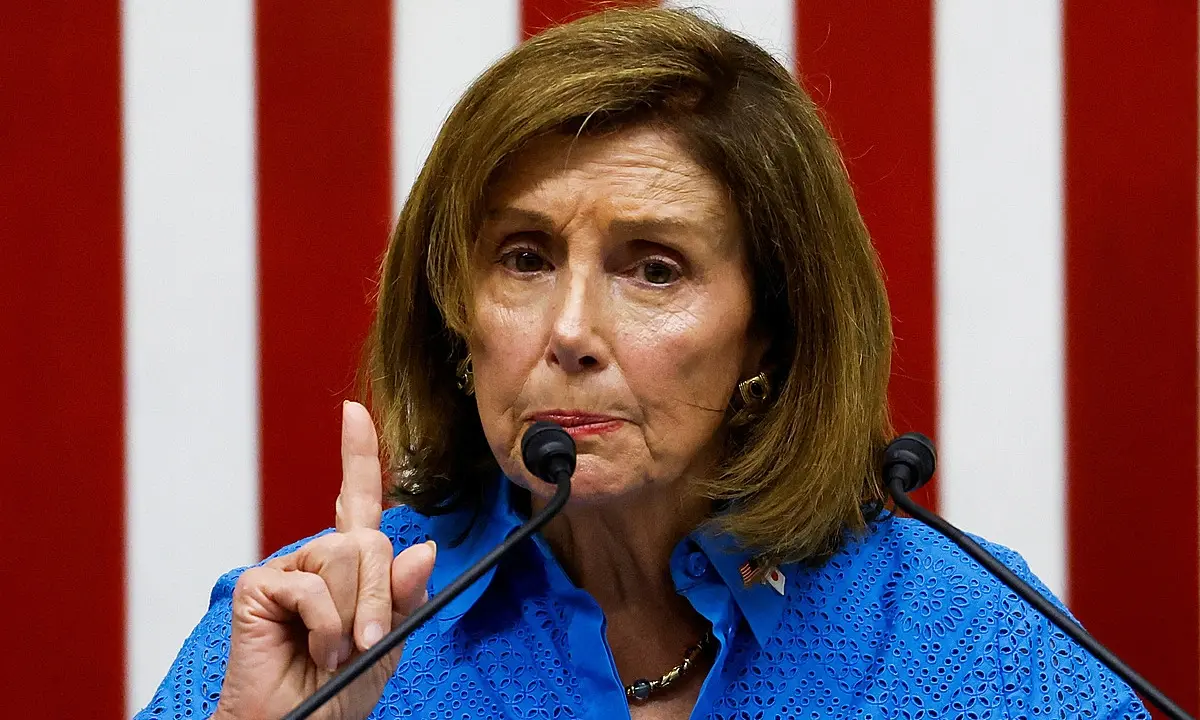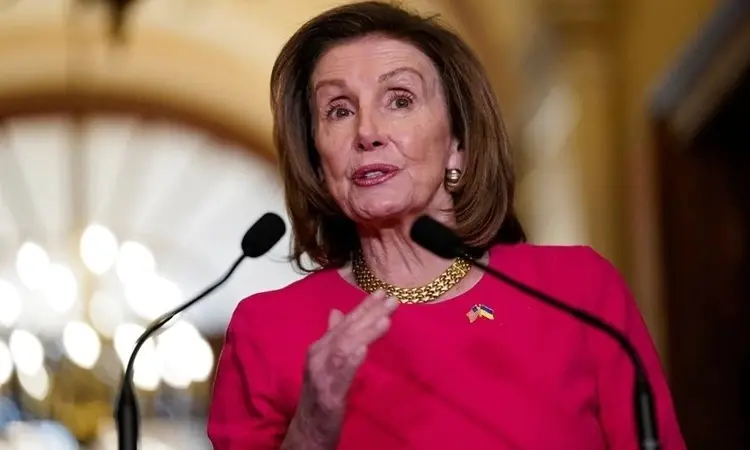Nancy Pelosi: A Divisive Political Legacy Under Scrutiny
Nancy Pelosi, the former Speaker of the House and long-serving Democratic leader, remains one of the most polarizing figures in American politics. While she has been hailed by supporters as a strategic powerhouse and a defender of liberal values, her critics paint a starkly different picture — labeling her as out of touch, politically ruthless, and even corrupt. The question of whether Pelosi represents bold leadership or entrenched establishment power continues to divide the American public.

For years, Pelosi has been at the center of major legislative battles, from the Affordable Care Act to the two impeachments of former President Donald Trump. Her firm control over House Democrats and her ability to push forward key legislation earned her praise from many within her party. However, this same command has also fueled accusations of centralized control, lack of transparency, and favoring political loyalty over public interest.
One of the most persistent criticisms revolves around her financial dealings and reported wealth growth while in office. Although there is no conclusive evidence that Pelosi has broken any laws, skeptics point to her family’s stock trading activity as suspicious. In particular, her husband Paul Pelosi’s lucrative trades in companies like Nvidia and Apple have raised eyebrows and triggered calls for stricter regulations on congressional stock ownership. These developments have only intensified public distrust in government, especially at a time when many Americans feel left behind economically.
Some conservative voices have gone further, branding Pelosi with extreme labels such as “corrupt” or even “communist,” though such accusations often rely more on political rhetoric than factual analysis. Pelosi, a lifelong capitalist and one of the wealthiest members of Congress, hardly fits the profile of a communist by definition. Still, these labels serve to emphasize the level of frustration and ideological opposition she sparks among her detractors.
Beyond the economic and ethical criticisms, Pelosi has also faced backlash for her handling of internal party divisions. Progressives have argued that she has stifled their agenda in favor of more moderate, establishment-friendly policies. On the other hand, some moderates blame her for embracing too many left-leaning ideas, causing Democrats to lose ground in key districts. The result is a leader who often seems caught between two warring factions of her own party — a position that both highlights her influence and underscores the growing fractures within the Democratic coalition.

In the end, whether Nancy Pelosi is viewed as a corrupt political insider or a savvy legislative tactician depends largely on one’s political perspective. What is clear, however, is that her legacy will continue to fuel debate for years to come. As America moves into a new era of political realignment, figures like Pelosi remain central to understanding the deep divisions and growing distrust many Americans feel toward their leaders.






